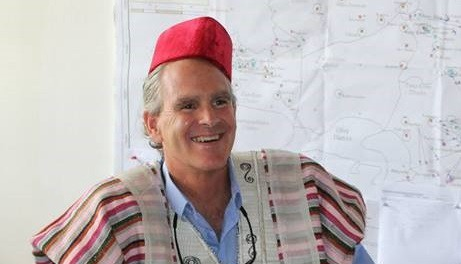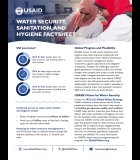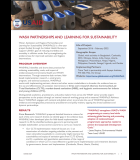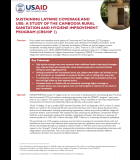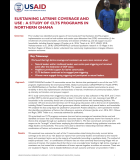Listen to the podcast
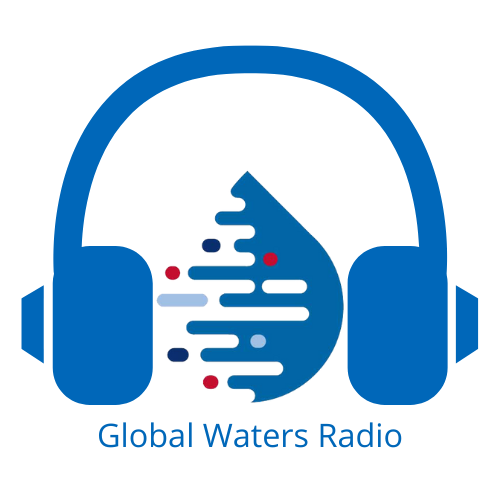
Piet deVries is Senior WASH Specialist and Liberia Country Director for Global Communities, a Maryland-based NGO with programs in more than 20 countries around the world. In his recent sit-down with Global Waters Radio, deVries discussed his experiences in Liberia promoting community-led total sanitation (CLTS) over the past several years, as former chief of party for USAID/Liberia’s Improved Water, Sanitation, and Hygiene (IWASH) program.
CLTS is a methodology originally pioneered in Bangladesh that seeks to create sustainable improvements in community sanitation by prioritizing public education and equipping communities with the skills needed to build and maintain their own improved sanitation facilities. CLTS also encourages community members to support the behavioral changes necessary to eliminate the public health threats posed by open defecation — a common practice in much of rural West Africa.
Countries around the world have experimented with CLTS since the late 1990s, producing encouraging if inconsistent results. What specific factors then explain the rise, popularity, and effectiveness of CLTS in Liberia?
Having trouble accessing this episode? You can also stream this podcast by searching "Global Waters Radio" on iTunes, Google Play, or your preferred podcast platform.
To view or download this interview transcript:
For more information on topics, programs, or organizations related to this podcast:
- “A Community Approach to Better Public Health in Rural Liberia” (Global Waters, June 2016)
- USAID/Liberia Integrated Water, Sanitation, and Hygiene (IWASH) Program
- USAID/Liberia Partnership for Advancing Community-based Services (PACS) Program
- Global Communities
Global Waters Radio was a podcast series produced by the Water Team at the U.S. Agency for International Development (USAID) from 2016 - 2020. The series offered listeners insights from USAID officials, development partners, thought leaders and experts from across the water sector as they discussed USAID water programming and cutting-edge research from around the world.


